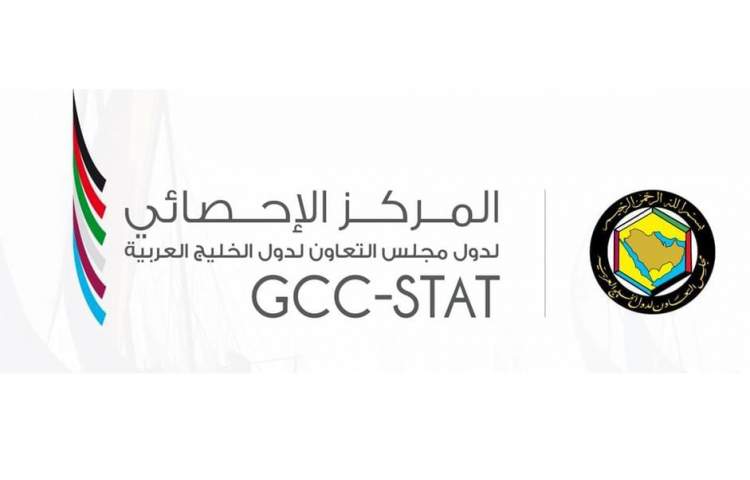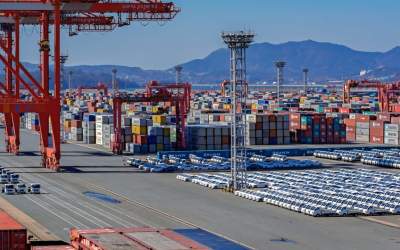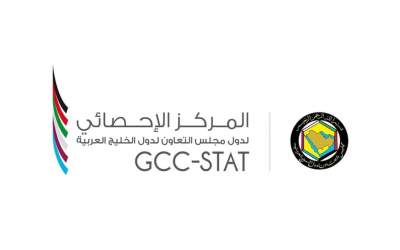According to the report of the Statistics Center for the Gulf Cooperation Council (GCC-Stat), the GCC countries have seen significant financial surpluses in their public budgets in 2022 and 2023. This surplus, which is caused by the increase in income compared to expenses, indicates the improvement of economic conditions and effective financial management in these countries.
Publish dateSaturday 28 December 2024 - 22:29
According to Amac News: The reports of credit rating agencies also pointed to the improvement of the credit rating of the government bonds of these countries in 2023 and said that the credit attractiveness of the GCC countries is expected to increase.
According to GCC-Stat estimates, the public debt of the GCC countries is projected to stabilize at 28% of their gross domestic product (GDP) in 2024 and 2025. Fiscal reform programs that focus on improving the efficiency of public spending and stimulating growth in non-oil sectors will help maintain economic growth rates and sustain public spending.
The data also shows that the public debt of the GCC countries has doubled in the past ten years and will reach about $628 billion in 2023. The volume of debt as a percentage of GCC countries peaked at 40.3% in 2020, but has declined in subsequent years to around 29.8% in 2023.
Public taxes in the GCC countries recorded a significant deficit in the period 2014-2021, the highest of which was recorded in 2015 with about $158 billion. In 2022, general taxes saw positive changes with a deficit of $134 billion, equivalent to 6.1% of GDP, and then with a surplus of $2 billion in 2023.
Public revenues in the GCC countries reached about $641 billion in the period 2021-2023, and oil revenues accounted for 62% of these revenues. The total public expenses in 2023 reached about 639 billion dollars, of which 85% is related to current expenses and 15% is related to investment expenses.
According to GCC-Stat estimates, the public debt of the GCC countries is projected to stabilize at 28% of their gross domestic product (GDP) in 2024 and 2025. Fiscal reform programs that focus on improving the efficiency of public spending and stimulating growth in non-oil sectors will help maintain economic growth rates and sustain public spending.
The data also shows that the public debt of the GCC countries has doubled in the past ten years and will reach about $628 billion in 2023. The volume of debt as a percentage of GCC countries peaked at 40.3% in 2020, but has declined in subsequent years to around 29.8% in 2023.
Public taxes in the GCC countries recorded a significant deficit in the period 2014-2021, the highest of which was recorded in 2015 with about $158 billion. In 2022, general taxes saw positive changes with a deficit of $134 billion, equivalent to 6.1% of GDP, and then with a surplus of $2 billion in 2023.
Public revenues in the GCC countries reached about $641 billion in the period 2021-2023, and oil revenues accounted for 62% of these revenues. The total public expenses in 2023 reached about 639 billion dollars, of which 85% is related to current expenses and 15% is related to investment expenses.
amacnews.com/vdci.zarct1a5vli2t.html
Source : news agency wam
Most viewed















